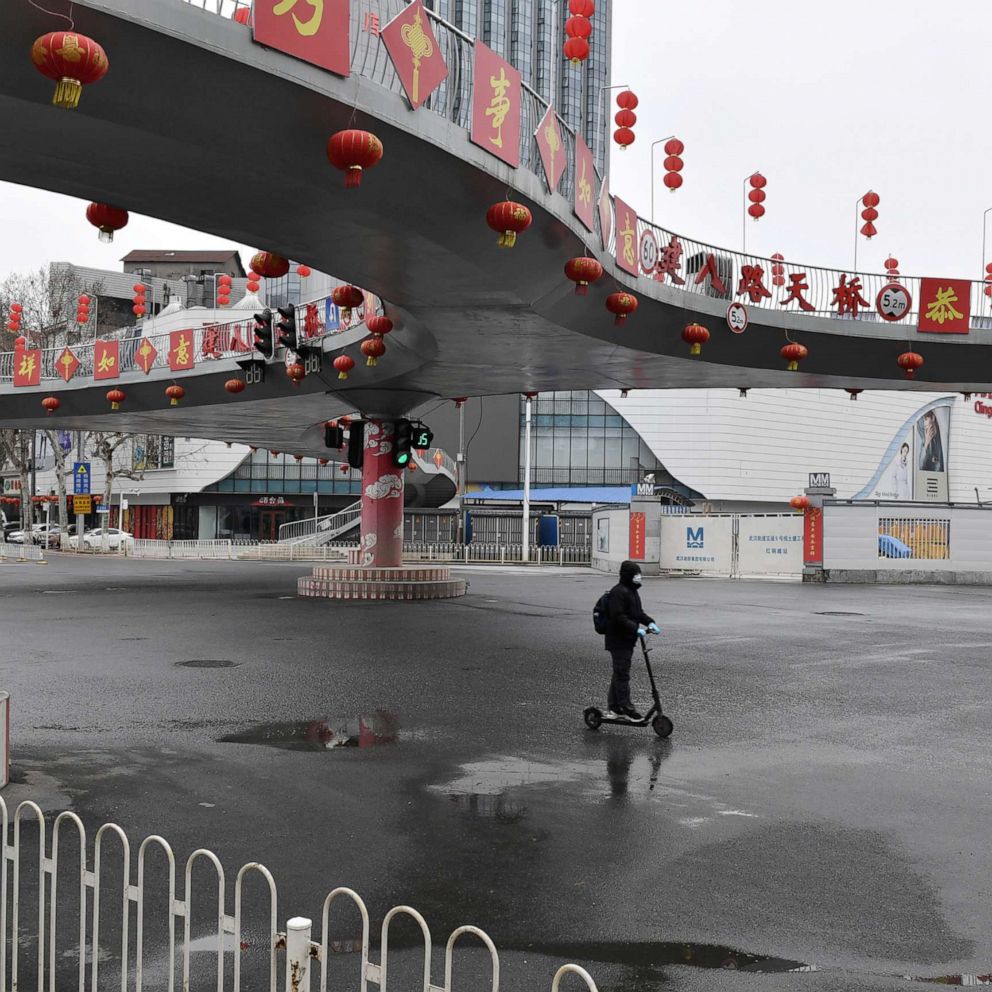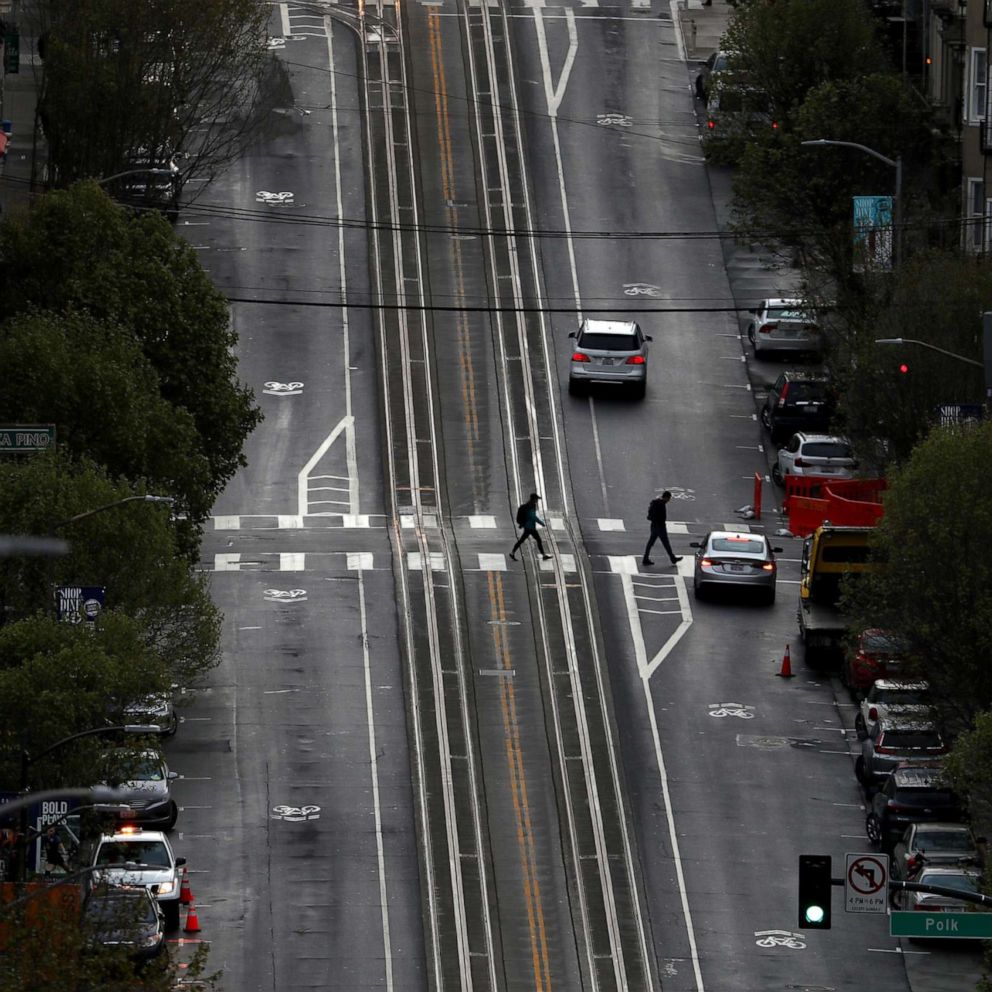Venice canals are clear enough to see fish as coronavirus halts tourism in the city
Swans have returned to the canals and dolphins have been spotted in the port.
The coronavirus pandemic has had an unexpected side effect in Venice, where the normally cloudy canals have transformed into water crystal clear enough to see fish swimming below.
Italy's tourism industry came to a screeching halt once the number of coronavirus cases began to spike in the country, but those who remain have been posting to social media images of the traffic-less canals.
Swans were seen in the water, while dolphins have been spotted swimming in the port.
However, the transparent water isn't so much a sign of better water quality as it is the result of the lack of boat traffic, which typically kicks sediment to the surface, Pierpaolo Campostrini, the managing director for the Consortium for Managing Scientific Research on Venice Lagoon System, told ABC News via email.
"The low turbidity of the water does not mean cleanliness," Campostrini said. "The transparency is due to the absence of sediment resuspension."
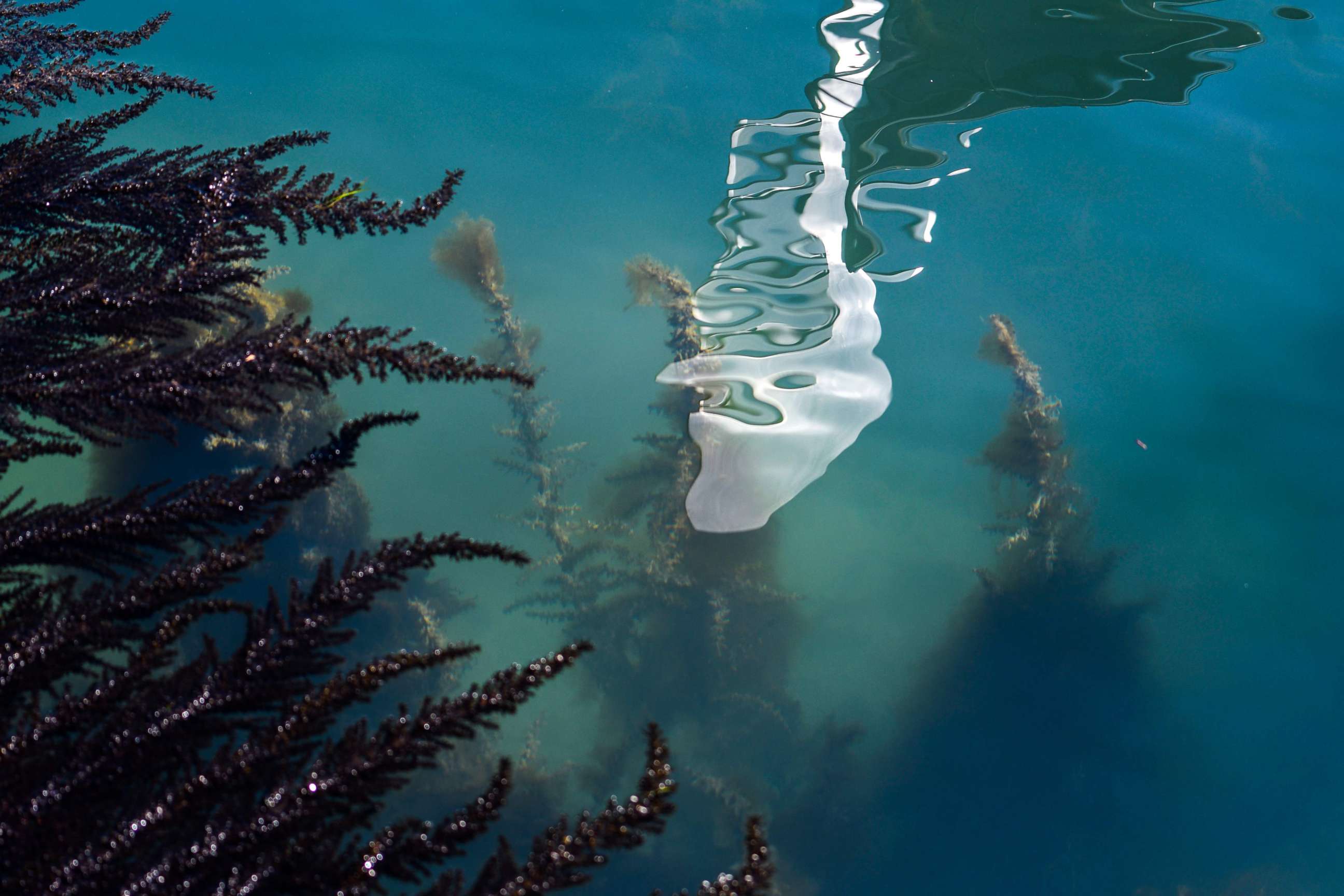
The cold temperature of the water also plays a part, Campostrini said. At about 57 degrees Fahrenheit, there is little synthesis of organic compounds from carbon dioxide, which doesn't begin until about 62 degrees Fahrenheit.
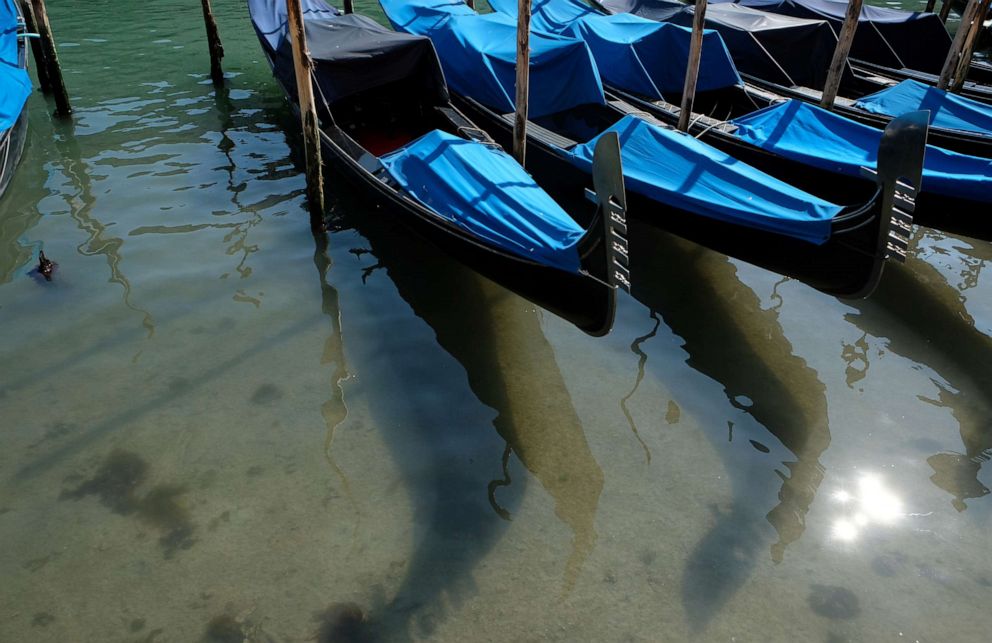
It's likely that the air quality has improved since "every kind of pollutants decreased a lot," but a chemical analysis would need to be performed to say so for sure, Campostrini added.
Amid the crisis, the clear water is a small reprieve for Venice, which just months ago experienced flooding by the highest tide in more than 50 years, causing inestimable damage to the centuries-old city.
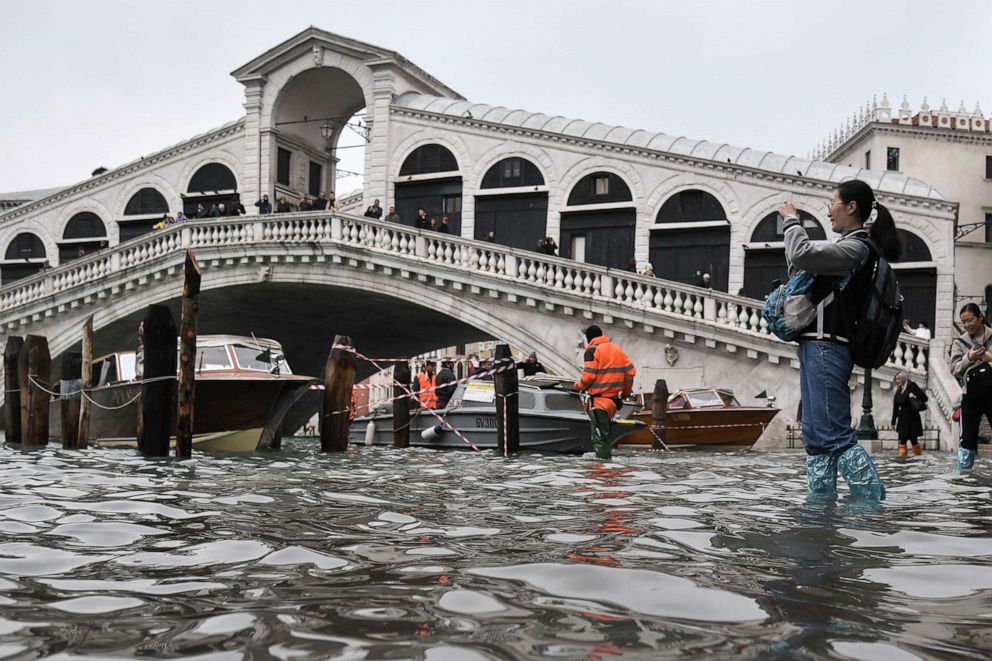
More than 35,000 coronavirus cases have been confirmed across Italy, the second-highest national total behind China, according to data compiled by Johns Hopkins University's Center for Systems Science and Engineering.
Medical facilities in Northern Italy's hard-hit Lombardy region will soon be unable to help the sick, regional governor Attilio Fontana said Wednesday.
What to know about the coronavirus:
- How it started and how to protect yourself: Coronavirus explained
- What to do if you have symptoms: Coronavirus symptoms
- Tracking the spread in the U.S. and worldwide: Coronavirus map
Tune into ABC at 1 p.m. ET and ABC News Live at 4 p.m. ET every weekday for special coverage of the novel coronavirus with the full ABC News team, including the latest news, context and analysis.

